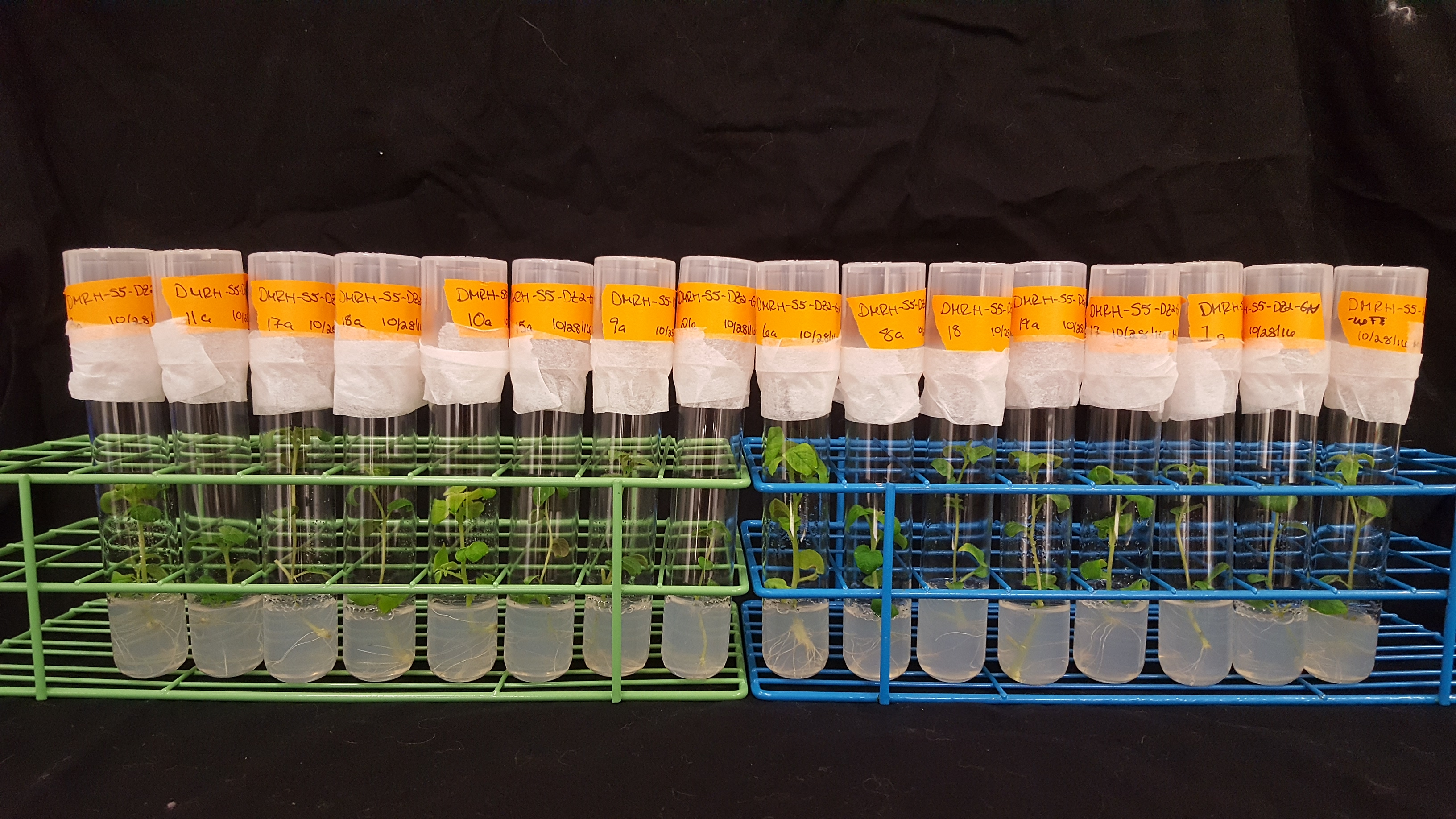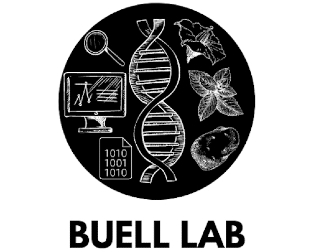Genome Editing

Genetically engineered crops are a key component of U.S. agriculture and new methods to engineer traits of interest are emerging that have the potential to provide unparalleled specificity in genome modification. However, quantitative data in crop species of potential off-target effects in the genome following targeted genome modification are essential for informed risk assessments of transgenic, cisgenic, and intragenic approaches to engineer plants. This project is focused on collecting quantitative, whole genome sequence and expression data as well as replicated field trial phenotypic data in a panel of potato lines engineered for herbicide resistance using two distinct genome modification methods, CRISPR-Cas9 and TALENs.
Project Directors
Contact
Robin.Buell@uga.eduFunding
- Funding for this project is through the USDA BRAG program (2013-33522-21090)
